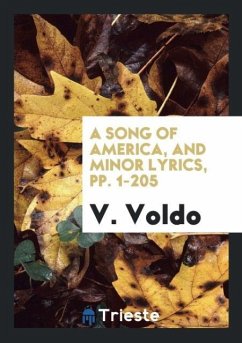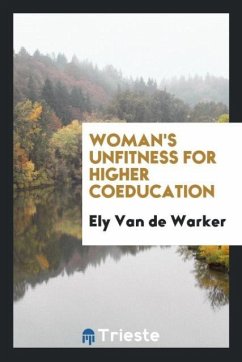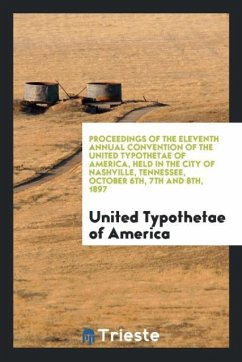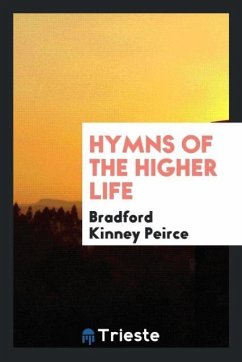Nicht lieferbar
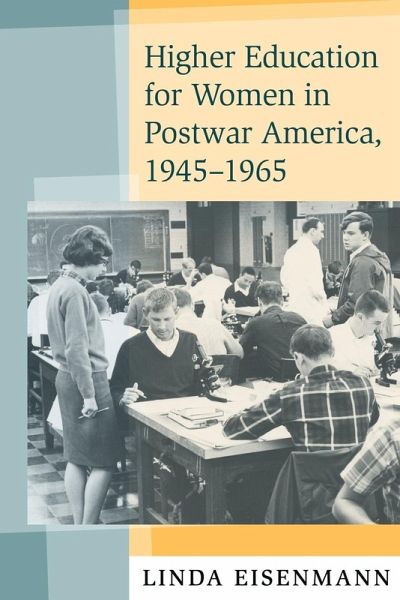
Higher Education for Women in Postwar America, 1945-1965
Writing a revisionist history of higher education for women from 1945 to 1965, educational historian Linda Eisenmann freshly illuminates the postwar era and in doing so identifies a link between women's activism in the war years of the 1940s and the active feminism of the late 1960s. While not radicals, the leaders in women's higher education in this period used "adaptive activism" to work within the system on behalf of women. And while the period has been portrayed as an era of domestic retreat for women, Eisenmann concludes that it was instead an era of institution building and gender equity...
Writing a revisionist history of higher education for women from 1945 to 1965, educational historian Linda Eisenmann freshly illuminates the postwar era and in doing so identifies a link between women's activism in the war years of the 1940s and the active feminism of the late 1960s. While not radicals, the leaders in women's higher education in this period used "adaptive activism" to work within the system on behalf of women. And while the period has been portrayed as an era of domestic retreat for women, Eisenmann concludes that it was instead an era of institution building and gender equity on America's college and university campuses. This generation of professional women advocated for choice and phasing: women should choose freely whether to emphasize home or career, and those who chose family might still participate in the labor force or become professionals later in their lives. An innovative book that one of our readers believes will "change the way scholars look at the period" after the second world war, Higher Education for Women will appeal to historians of education, of U.S. women, and of the postwar period.










